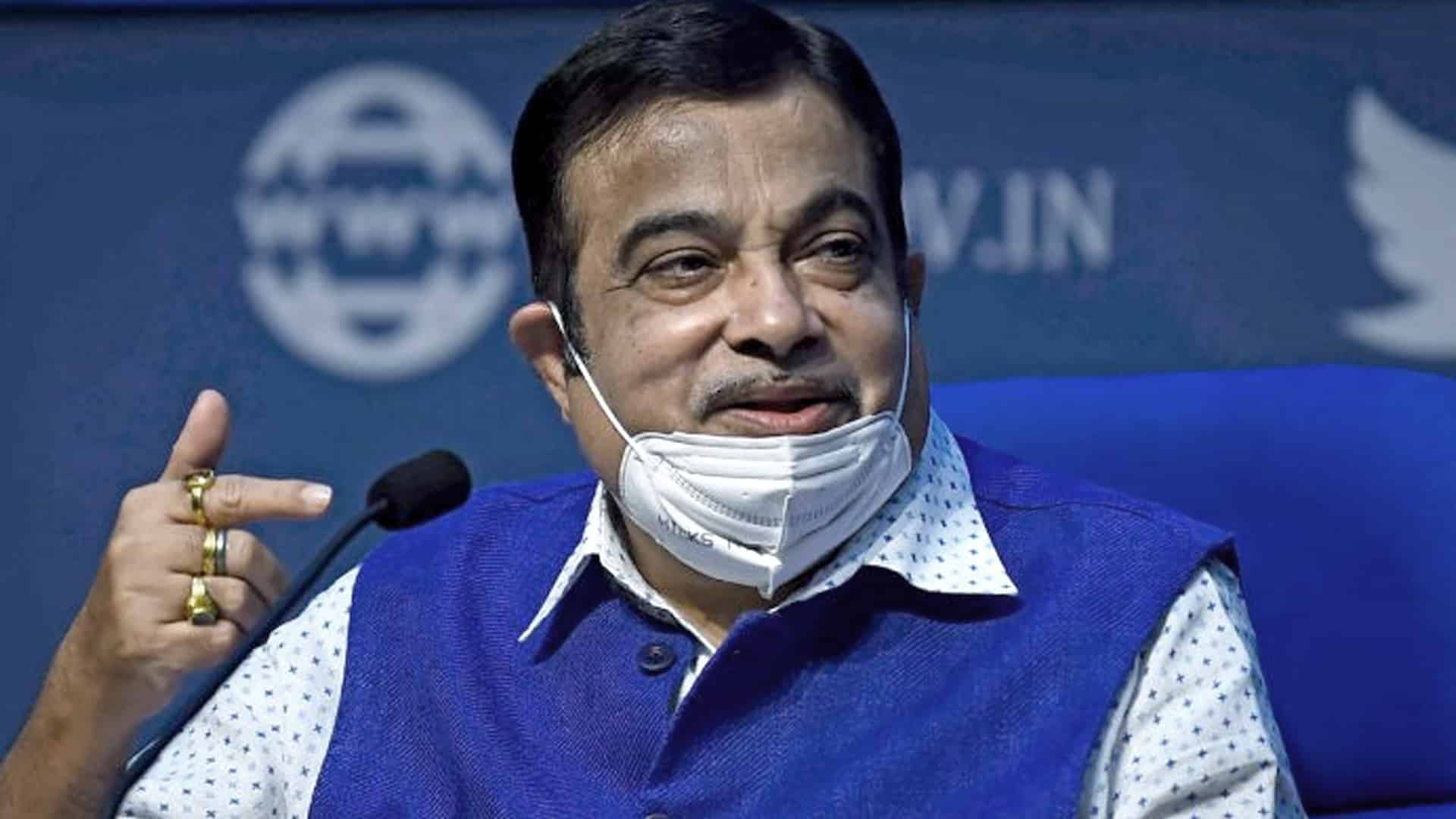Agriculture
Politics over farmers not in country’s interest; forces out to derive advantage out of agitation: Gadkari
Attempts are being made to “misguide and confuse” farmers and gain advantage out of their protests, Union Minister Nitin Gadkari said on Wednesday and appealed to farmer unions to come forward for a meaningful dialogue with the government to end the stalemate. The senior leader and former BJP President also said that remarks made by international entities on this issue were unjustifiable and uncalled for as India never interfered in internal matters of other countries. “There are attempts by forces to misguide and confuse farmers and derive advantage out of their protests. This kind of politics is not in the interest of the nation. Under democracy, the government is ready to hold discussions… We are ready to accept their genuine demands. They should come forward and hold talks,” Road Transport, Highways and MSME Minister Gadkari told PTI.
Asserting that “communication is the channel” to solve the problem, he said “when the government is ready to hold discussions, the farmers should come forward” as “where there is no communication, there are problems and misunderstandings”. The senior minister said he was unable to comprehend as to why photographs of people who supported Naxalites and are not linked to farmers in any way were seen during the farmers’ protests. “One thing is beyond my understanding that how photographs of people arrested in our Gadchiroli district (of Maharashtra) in connection with Naxal attacks and who are not linked to farmers and not supporting them were being displayed during farmer protests. It is also beyond my comprehension as to how people who gave anti-national speeches are said to be associated with the agitation,” the minister said. Farmers should thwart attempts by such elements to encash their agitation and come forward as the government is ready to initiate dialogue on the three farm laws, he said.
Also read: Gadkari urges domestic industry to find Swadeshi alternatives to Chinese imports
On some countries expressing concerns over the protests over farm laws, Gadkari said: “Farmers’ agitation is our internal issue. We don’t have right to interfere in other countries affairs and we don’t speak on their internal problems… Outsiders giving reaction on this is unjustifiable and uncalled for.” Asked what were the reasons that the stalemate was not coming to an end, Gadkari said farmer unions should understand this that some elements wanted to confuse them and emphasised that those insisting on selling products only in mandi were actually the people who were committing injustice to farmers. “If you go to purchase medicines, fixing its price is the prerogative of drug manufacturers and pharmaceutical companies. Rates of railway tickets are decided by the Railways. Airfares are fixed by the airlines. Stay and food charges vary from hotel to hotel, electronic and clothes manufacturers decide their own prices, (then) why is it that only farmers can’t fix the price of their produce,” the minister questioned. He added that only in farmers case, “prices are fixed by traders and middlemen which causes huge losses to them. Is it not a big reform and justice that they have the right to fix their prices”.
The minister went on to say that there are instances where selling products directly in the market by the farmers not only fetched them higher prices but also saved the amount which went to the pockets of middlemen. On allegations that the farm bills were intended to support corporate houses and industrialists, Gadkari rejected the charges and said these laws were purely intended to benefit farmers and were well-conceived. “Farmers in Vidarbha and many places were committing suicides and in many places their condition is not good as they don’t have money for buying seeds, fertilisers or money for irrigation,” he said. Under the circumstances, if contract farming is there or joint venture is there, both the parties stand benefitted, he said. “Both the parties share the profit,” he said and added that what is the harm in this. On disruptions caused on highways by agitating farmers including at toll plazas, the minister said: “Much damage has been caused especially in Punjab and Haryana” and appealed to farmers to maintain law and order. As a standoff continues between the government and groups of protesting farmers over three new farm laws, Agriculture Minister Narendra Singh Tomar had yesterday also said the Centre is willing to continue its talks with “genuine farm unions” to find a solution with an open mind.
He had also said that the Minimum Support Price (MSP), at which the government commits to procure the produce from farmers, is an administrative decision and it “will continue as it is”. Several farmer unions, particularly from Punjab and Haryana, are continuing to protest for more than two weeks against the three farm laws, saying the new legislation will lead to the dismantling of the MSP and mandi systems and leave them at the mercy of corporates. Speaking in Gujarat, Prime Minister Narendra Modi said separately that “a conspiracy is afoot to confuse farmers who have gathered near Delhi at present”. The Centre announces MSP for more than 20 kharif and rabi crops. It mainly procures wheat and paddy to fulfil commitment under the National Food Security Act and to create buffer stock. The government, under the food law, provides 5 kg of wheat or rice per person per month at Rs 2-3 per kg to over 80 crore people through ration shops. Of late, the Centre also procures pulses and oilseeds under different schemes such as the Price Stabilisation Fund. In its proposal to farmers on Wednesday last week, the Centre had said it will give a written assurance that the MSP system will remain and also redress their other key concerns. The unions, however, are demanding complete rollback of the central laws and have threatened to intensify their agitation.













































Pingback: Govt working on structure to roll out PLI Scheme for technical textiles, MMF: Irani | The Plunge Daily
Pingback: Union ministers meet farmer groups to break deadlock over agri laws | The Plunge Daily